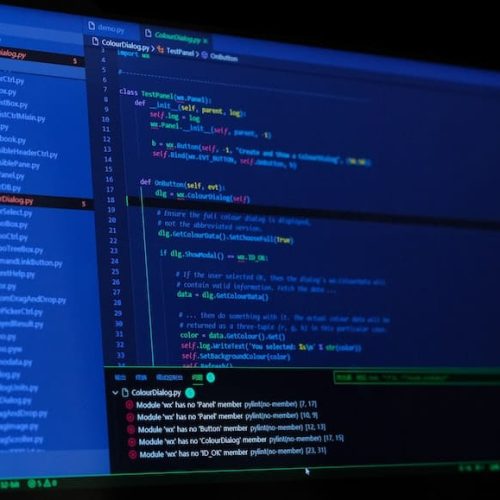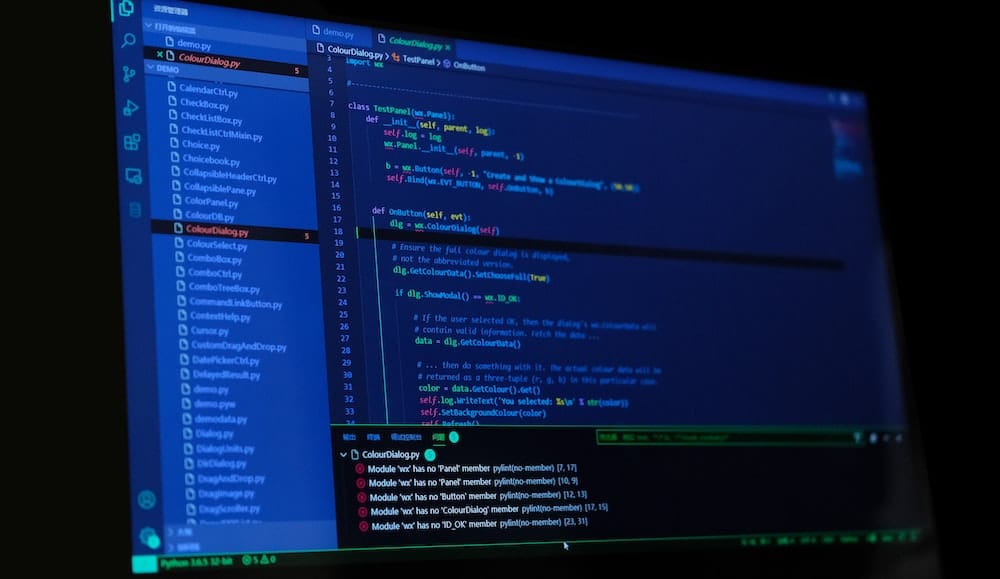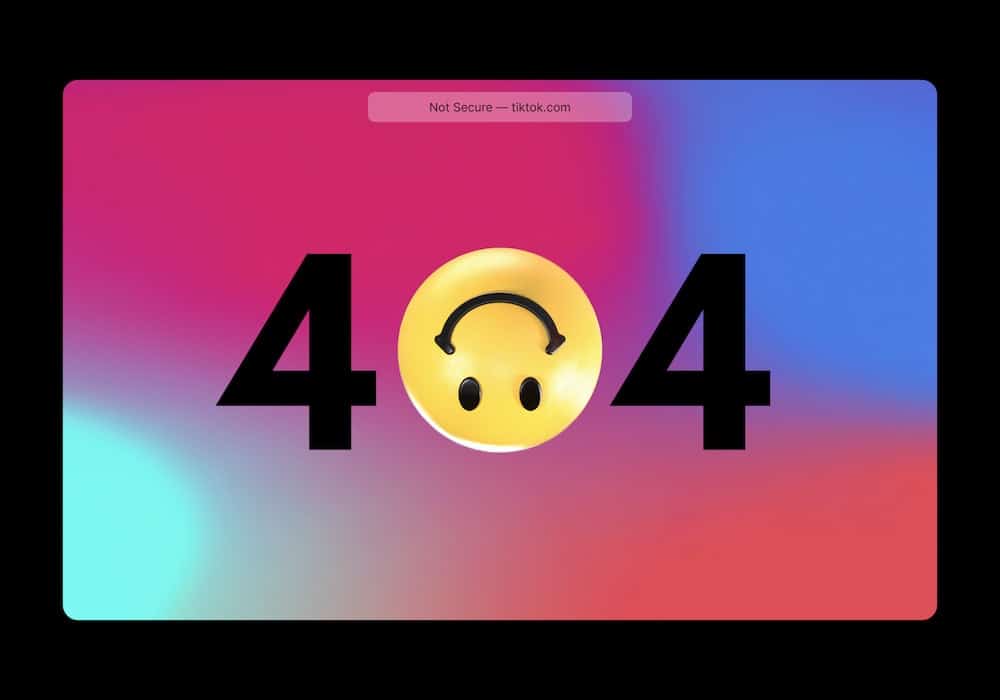In the dynamic world of software development, the process of code review holds paramount importance in ensuring the quality and efficiency of the codebase. To cater to the evolving needs of developers, a myriad of innovative code review tools have emerged, each offering distinct features to streamline the review process.
From industry giants like GitHub, Bitbucket, and GitLab to specialized platforms such as Gerrit, Crucible, and CodeStream, developers have an array of options to choose from. Additionally, tools like Upsource, PullRequest, and Overloop provide unique functionalities tailored to diverse development environments.
This compilation of 12 top code review tools aims to empower developers with the means to elevate their code quality and collaboration.
GitHub
GitHub provides a robust platform for collaborative code review and version control, facilitating efficient and organized development workflows for software developers. Its version control systems enable seamless tracking of changes, allowing teams to work together on projects with ease.
GitHub’s community engagement is another standout feature, offering developers the opportunity to collaborate, learn, and contribute to open-source projects. The platform’s robust community fosters innovation, knowledge sharing, and networking, creating an environment where developers can thrive.
With its user-friendly interface and powerful features, GitHub has become a go-to platform for developers looking to streamline their development processes and engage with like-minded professionals. Its emphasis on collaboration and version control makes it an essential tool for modern software development teams.
Bitbucket
Bitbucket, a popular platform for code hosting and collaboration, offers developers a versatile solution for managing their codebase and streamlining their development processes. With its robust version control system, Bitbucket enables developers to effectively track changes, merge code, and resolve conflicts.
The platform facilitates seamless code collaboration through features such as pull requests, inline commenting, and branch permissions, empowering teams to work together efficiently. Bitbucket’s integration with JIRA allows for a seamless workflow from planning to deployment, enhancing the overall development lifecycle.
Additionally, Bitbucket provides extensive support for Git repositories and offers flexible deployment models, including cloud and self-hosted options. Overall, Bitbucket stands as a comprehensive tool for modern development teams seeking to optimize version control and foster collaborative coding practices.
GitLab
GitLab offers developers a robust platform for collaborative code review. This allows team members to provide feedback, suggest changes, and discuss code in real-time.
Additionally, GitLab’s Merge Request feature streamlines the process of integrating new code into the main codebase. This facilitates a smooth and efficient workflow.
Furthermore, GitLab’s Automated Testing capabilities help ensure the quality and reliability of the code. It allows for automated checks and validation before merging.
Gitlab’s Collaborative Code Review
The collaborative code review tool offered by GitLab facilitates efficient and effective collaboration among developers during the code review process. This tool integrates seamlessly with GitLab’s version control system, enabling developers to review code, suggest changes, and discuss implementation details directly within the platform.
The following features contribute to its effectiveness:
Code Collaboration and Version Control: GitLab allows developers to review code within the context of the repository, making it easier to track changes and understand the evolution of the codebase.
Real-time Team Feedback: Developers can provide feedback and suggestions in real time, fostering a collaborative environment for code improvement.
Streamlined Code Improvement: The tool enables iterative code improvement, with the ability to track and manage changes effectively.
Gitlab’s Merge Request
GitLab’s Merge Request feature enhances the code review process by facilitating seamless collaboration and efficient merging of code changes. By following code review best practices, developers can leverage GitLab’s Merge Request workflow to ensure high-quality code.
The platform enables reviewers to provide feedback, suggest modifications, and discuss code changes within the context of the merge request, promoting effective communication and knowledge sharing.
Additionally, the merge request workflow allows for automated testing and continuous integration, ensuring that proposed changes meet quality standards before being merged into the codebase.
This streamlined process not only improves the overall code quality but also fosters a culture of collaboration and innovation within development teams.
GitLab’s Merge Request feature thus plays a pivotal role in modern software development by optimizing code review practices and promoting efficient teamwork.
Gitlab’s Automated Testing
With its automated testing capabilities, GitLab streamlines the process of evaluating code changes and ensures the adherence to quality standards before merging.
Automated Testing Benefits
Automated testing eliminates manual errors and reduces the time required for testing, thus accelerating the development process.
It provides continuous feedback, allowing developers to detect and fix issues early in the development cycle.
Incorporating Automation into Code Reviews
GitLab’s automated testing integrates seamlessly with the code review process, enabling developers to run tests automatically whenever a new code is submitted.
This integration ensures that code changes meet the required quality standards and do not introduce new bugs into the codebase.
Gerrit
Gerrit is a widely used code review tool among developers for its robust features and integration with Git repositories.
It facilitates code collaboration by providing a platform for developers to review, comment, and suggest changes to the codebase.
Gerrit’s seamless integration with Git enables developers to maintain code quality by ensuring that all changes are reviewed before being merged into the codebase.
Its access controls and permissions allow for a structured and controlled code review process, contributing to the overall quality of the software.
Additionally, Gerrit’s ability to enforce code review workflows and its support for inline comments and side-by-side Diffs further enhance the collaborative code review process, making it an essential tool for teams striving for excellence in their development practices.
Crucible
‘Crucible’ is an advanced code review tool designed to streamline the collaborative code review process for development teams.
Crucible integration offers seamless compatibility with popular version control systems like Git, Subversion, and Mercurial, enabling effortless code review within the development workflow.
Crucible best practices emphasize the use of pre-commit reviews to catch issues early in the development cycle, ensuring higher code quality and reducing rework.
Additionally, leveraging Crucible’s customizable workflows allows teams to tailor the code review process to their specific needs, promoting efficiency and agility.
Phabricator
Transitioning from the discussion on ‘Crucible’, Phabricator offers developers a comprehensive platform for code review and collaboration.
Phabricator’s integration capabilities are robust, allowing seamless connections with various development tools like Git, Mercurial, and SVN. This enhances workflow efficiency and flexibility.
Phabricator’s code review workflow is designed to streamline the review process, enabling team members to conduct thorough and productive code assessments. Its differential tool provides a clear view of code changes, facilitating constructive feedback and ensuring code quality.
Moreover, Phabricator’s support for inline comments and task management simplifies communication and issue tracking during the review process.
With its emphasis on integration and efficient code review workflows, Phabricator stands as a valuable tool for modern development teams striving for enhanced productivity and collaboration.
Review Board
Moving from Phabricator, Review Board offers developers an efficient platform for code review and collaboration. With Review Board integration, developers can streamline their workflow and enhance their code review process improvements.
The platform provides a user-friendly interface and supports various types of repositories, making it easy for teams to collaborate on code reviews. Additionally, Review Board offers extensive features such as diff viewer, file attachment support, and issue tracking, all of which contribute to a more efficient and productive code review process.
Collaborator
Building upon the robust capabilities of Review Board, Collaborator provides developers with a comprehensive platform for streamlined code review and team collaboration.
It enhances the code review process by offering collaborative tools that enable team members to provide feedback, comments, and suggestions in real-time. With Collaborator, developers can easily collaborate on code changes, share knowledge, and ensure code quality.
The platform facilitates code collaboration by allowing team members to discuss code changes, track decisions, and manage feedback effectively. Its interactive interface and integration with popular version control systems make the code review process seamless and efficient.
Upsource
Continuing the discussion from the previous subtopic, Collaborator, Upsource offers developers a comprehensive platform for efficient code review and collaboration, enhancing team productivity and code quality.
Code Analysis
Upsource provides advanced code analysis tools that help identify issues, optimize code structure, and ensure adherence to best practices. This assists developers in producing high-quality code and minimizing potential errors.
Team Collaboration
The platform facilitates seamless collaboration among team members by providing features such as inline comments, discussions, and the ability to track changes. This fosters effective communication and knowledge sharing, leading to enhanced teamwork and faster problem-solving.
Upsource’s emphasis on code analysis and team collaboration aligns with the needs of innovative developers, making it a valuable tool for modern software development teams.
CodeStream
CodeStream’s integration with popular code editors enhances developers’ ability to streamline code reviews within their familiar development environment.
This innovative tool facilitates real-time collaboration by allowing developers to discuss and review code without leaving their preferred code editor.
CodeStream’s code discussion features enable team members to leave comments, ask questions, and resolve issues directly within the codebase.
With real-time collaboration, developers can address feedback and make necessary changes more efficiently, improving the overall code review process.
PullRequest
PullRequest offers a platform that simplifies the code review process, complementing the collaborative features discussed in the previous subtopic. With PullRequest, developers can streamline pull request management and adhere to code review best practices. This platform provides a seamless way to request, receive, and review code changes, enhancing the overall development workflow.
Noteworthy features include:
- Automated Code Review: PullRequest automates the initial stages of the code review process, allowing developers to focus on more complex issues.
- Intelligent Feedback: The platform provides intelligent feedback on code quality, potential bugs, and adherence to coding standards, promoting best practices.
PullRequest’s emphasis on pull request management and code review best practices aligns with the modern developer’s need for efficient and high-quality code collaboration.
Overloop
Overloop provides developers with a comprehensive platform for conducting efficient and thorough code reviews. It offers advanced features for remote collaboration and code analysis, making it an ideal choice for distributed teams and developers working from different locations. With Overloop, teams can collaborate seamlessly and ensure the quality of their code through detailed analysis and feedback. The platform’s robust code review capabilities enable developers to identify and address issues swiftly, leading to improved code quality and better overall project outcomes. By leveraging Overloop’s innovative tools, developers can streamline their code review processes and foster a culture of continuous improvement.
| Feature | Description | Benefits |
|---|---|---|
| Remote Collaboration | Enables teamwork from anywhere | Increased flexibility |
| Code Analysis | In-depth code examination | Enhanced code quality |
| Streamlined Reviews | Efficient review processes | Time and resource savings |
Frequently Asked Questions
How Do These Code Review Tools Handle Integration With Project Management and Issue Tracking Tools?
Code review tools offer seamless integration with project management and issue tracking tools, streamlining collaboration and team communication. These platforms enable developers to link code changes to specific tasks, track progress, and ensure alignment with project objectives.
Can These Code Review Tools Support Multiple Programming Languages and Frameworks?
Yes, leading code review tools offer extensive language compatibility and framework support, enabling developers to review code written in various languages and frameworks. Additionally, they integrate with version control systems and provide robust collaboration features for seamless code review.
Are There Any Built-In Features for Automated Code Analysis and Testing Within These Code Review Tools?
Automated code analysis and testing are integral to code review automation, streamlining the process and ensuring consistent quality. While this expedites reviews, it may overlook nuanced issues and requires careful configuration for optimal impact.
What Kind of Support Do These Code Review Tools Offer for Code Refactoring and Code Style Compliance?
Code review tools provide comprehensive support for code refactoring by offering features such as automated code analysis, testing integration, and code style compliance. These tools streamline the process of identifying and addressing code quality issues.
Can These Code Review Tools Be Easily Integrated With Continuous Integration/Continuous Deployment (Ci/Cd) Pipelines?
Yes, these code review tools can be easily integrated with CI/CD pipelines. They offer seamless pipeline integration and are compatible with various CI/CD tools. Additionally, they synchronize with version control systems, ensuring efficient and automated code review processes.
Image Credits
- “person using black and red Acer laptop computer on table” by Desola Lanre-Ologun (featured)








